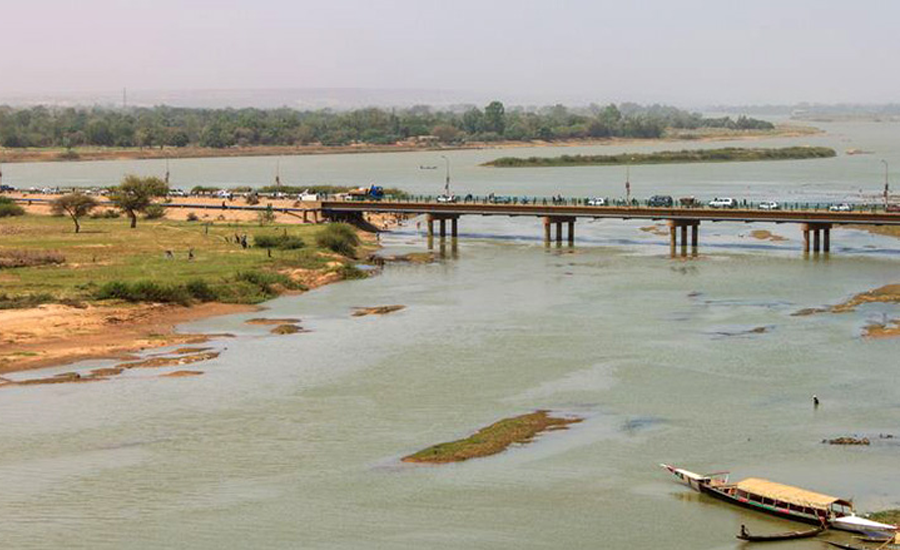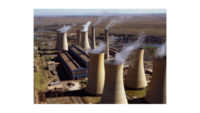International
World Bank Proposes $16B Africa Global-Warming Response Plan

Program includes irrigation and other water projects in the Niger River basin.
Photo by World Bank/Sarah Farhat
The World Bank has rolled out a $16.1-billion plan to help Africa cope with climate change through increased production of renewable energy and measures to protect its lands and infrastructure from floods, droughts and other disastrous effects of global warming. But all of the envisioned program's funding has not yet been committed.
The plan, which the bank released on Nov. 24, includes two phases: fast-track projects and measures that would be in place by June 2023 and long-term efforts, to be in operation by June 2026.
The fast-track phase would include $1 billion in irrigation, flood control, watershed and natural resource management projects in the Niger Basin, $1.1 billion for hydropower, irrigation and other projects in the Zambezi River Basin and $300 million in resiliency work in the Lake Chad Basin.
Renewable energy is another major portion of the program’s first stage, including $3.2 billion to produce 1 gigawatt of solar photovoltaic power; $1.2 billion for 420 megawatts of hydropower in West Africa and $950 million for 150 mw of geothermal power.
The bank would contribute the largest share of the program’s cost, through $5.7 billion from its International Development Association, which provides assistance to the poorest countries.
The bank also expects $2.2 billion from climate-related financing sources such as the Global Environment Facility; $2 billion from bilateral and multilateral financial organizations; $3.5 billion in private-sector funds; and $700 million from African sources.
If all those organizations deliver those amounts, the program still would be $2 billion short of its target, however.
Officials will formally present the plan, which the bank acknowledges is an ambitious one, on Nov. 30 at COP21, the global climate meeting in Paris.
Jim Yong Kim, the World Bank Group’s president, said in a statement, “This plan identifies concrete steps that African governments can take to ensure that their countries will not lose hard-won gains in economic growth and poverty reduction and they can offer some protection from climate change.”



